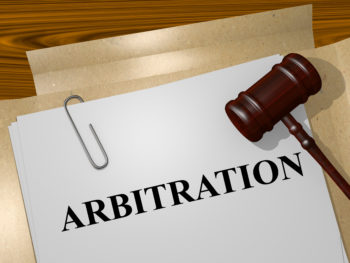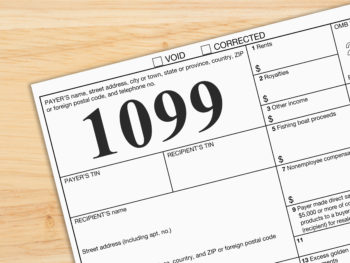The caller on the other end of the line had a question: “Can you do anything about a default judgment?”
“Of course you can,” I responded. “It’s called a motion to vacate or set aside a default judgment, and I file them all the time.”
The caller explained that he had just spoken to two lawyers advertising in debt collection defense who thought it was too late to defend a case once the default judgment is entered. The caller had discovered too late that he was being sued for a private student loan by a National Collegiate Student Loan Trust and that it was represented by a law firm in San Diego called Patenaude & Felix.
One of the lawyers said to call back when the caller was ready to file a Chapter 13 bankruptcy. That is certainly an option for a person who has had a default judgment taken against her, but it isn’t good for someone who didn’t need or want a bankruptcy case.
What makes it even worse, with a few questions and the ability to pull documents from the court’s online Register of Actions, I was able to determine that the Proof of Service of Summons filed in the case was most likely the result of fraud: the caller had been “served” by substitute service at the residence of a family member where the caller hadn’t lived for more than four years, and the Proof of Service stated that the papers had been left with a person whose description didn’t match anyone who would have answered the door at that house.
In fact, when the caller asked his family members about the papers, they dug around and found out that someone living there had found the papers on the front porch one day coming home, and then stuck it with a big pile of junk mail they kept inside the front door, intending to do something about it later. The Proof of Service was a tissue of lies! No wonder the guy never found out about the papers!
In another case I had, the papers were “served” at an address where my client hadn’t lived for more than two years, but in this case, the current occupants of the residence were strangers to him. The Proof of Service stated that my client had been personally handed the papers, but described a guy a foot shorter, 50 pounds heavier and with different color eyes. He found out about the default judgment about a year later when a debt collector called on the phone, asking how he was going to pay.
And yes, the default judgment was set aside. The case went to trial, and my client won the case.
So much for not being able to undo a default judgment!








 Should You Settle with a Debt Buyer?
Should You Settle with a Debt Buyer?
Leave a Reply